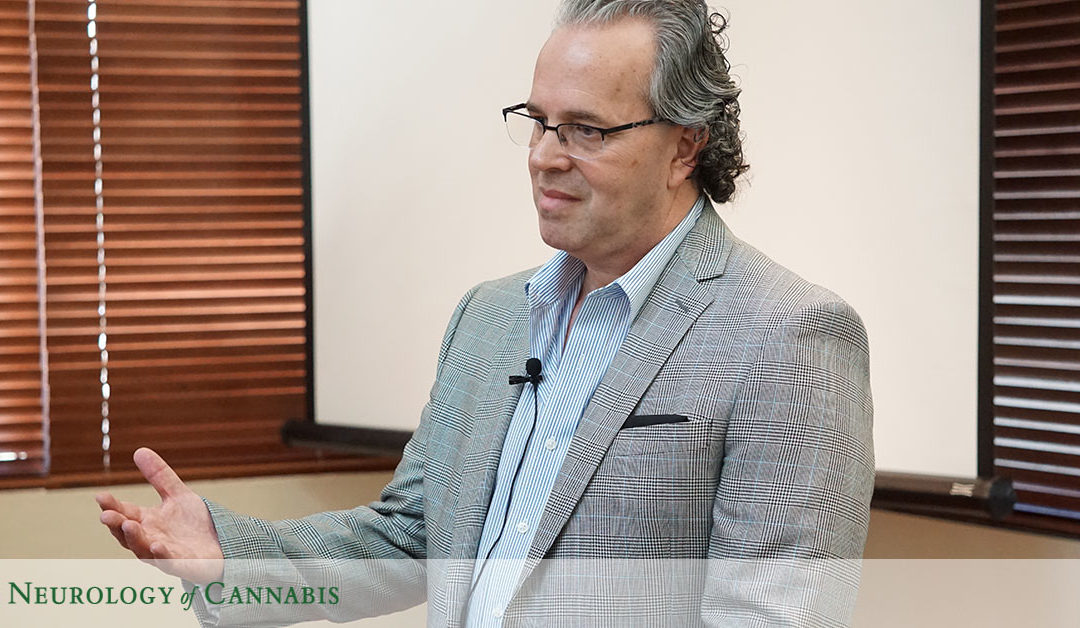While telehealth was beginning to make inroads in the medical sector, the COVID-19 pandemic has quickly brought the possibility of remote doctor visits to the forefront. As people remained in their homes and didn’t venture out to doctor’s visits, many decided to try out the new ways of interacting with a physician – and the early feedback is that both doctors and patients really appreciate the time-savings and efficiency the solution brings to bear.
Without the option of being face to face, activities from classroom lessons to family get-togethers turned to video streaming to keep people connected. It seemed only natural that doctors and patients should move into this space as well, with doctors being able to see and speak with their patients – making either simple diagnoses, or filling prescription medications. It only stands to reason that those recommending medical cannabis to their patients would find the option intriguing, cost-effective and reasonable given the current health crisis.
How Does Telehealth Work?
Telehealth is emerging as a popular healthcare choice for good reason. Beginning a telehealth consultation is as simple as picking up the phone. You will still schedule an appointment with your doctor, but it will be a virtual appointment – meaning you don’t have to leave your home, but you will still enjoy all the benefits of speaking and consulting with your doctor.
Telehealth, while viewed by many people to be a bandaid during a crisis, has instead emerged to be a more cost effective and convenient way to access medical help. Time savings is another radical benefit- those who used to wait months for an appointment in-office may now find themselves getting the answers they need in a much shorter time frame.
Can Doctors Discuss Medical Cannabis via Telehealth?
The short answer is, doctors can and will discuss medical cannabis.
Back in March, as the crisis just began to take hold, Florida’s Department of Health authorized emergency rules that permitted licensed physicians to see their patients and issue recommendations via remote means. Governor Ron DeSantis extended the telehealth regulations to include medical marijuana patients through the end of July. While it is set to expire as of this writing, most insiders agree that telehealth and medical cannabis are likely to continue into the future. Making telehealth a permanent option for medical cannabis will require legislative action and involve the Department of Agriculture, but is getting across-the-board support from advocates.
History: Florida’s medical marijuana program was instituted in 2016, when a convincing majority of voters (70 percent) approved the bill legalizing the use of cannabis in a medical capacity. Earlier in 2020, just prior to the pandemic and lockdowns, the Florida legislature took up a bill that aimed to ban medical marijuana with THC levels exceeding 10 percent potency for patients under the age of 21. This bill has been tabled for the time being.
As of this writing, telehealth is still an option for those seeking medical cannabis treatment options, but this could change at any time. Call the offices of Dr. Daniel P. Stein at Neurology of Cannabis in Sarasota for more information on the current status of telehealth, and what your options are in receiving this safe and effective form of medical treatment for your chronic health conditions.

